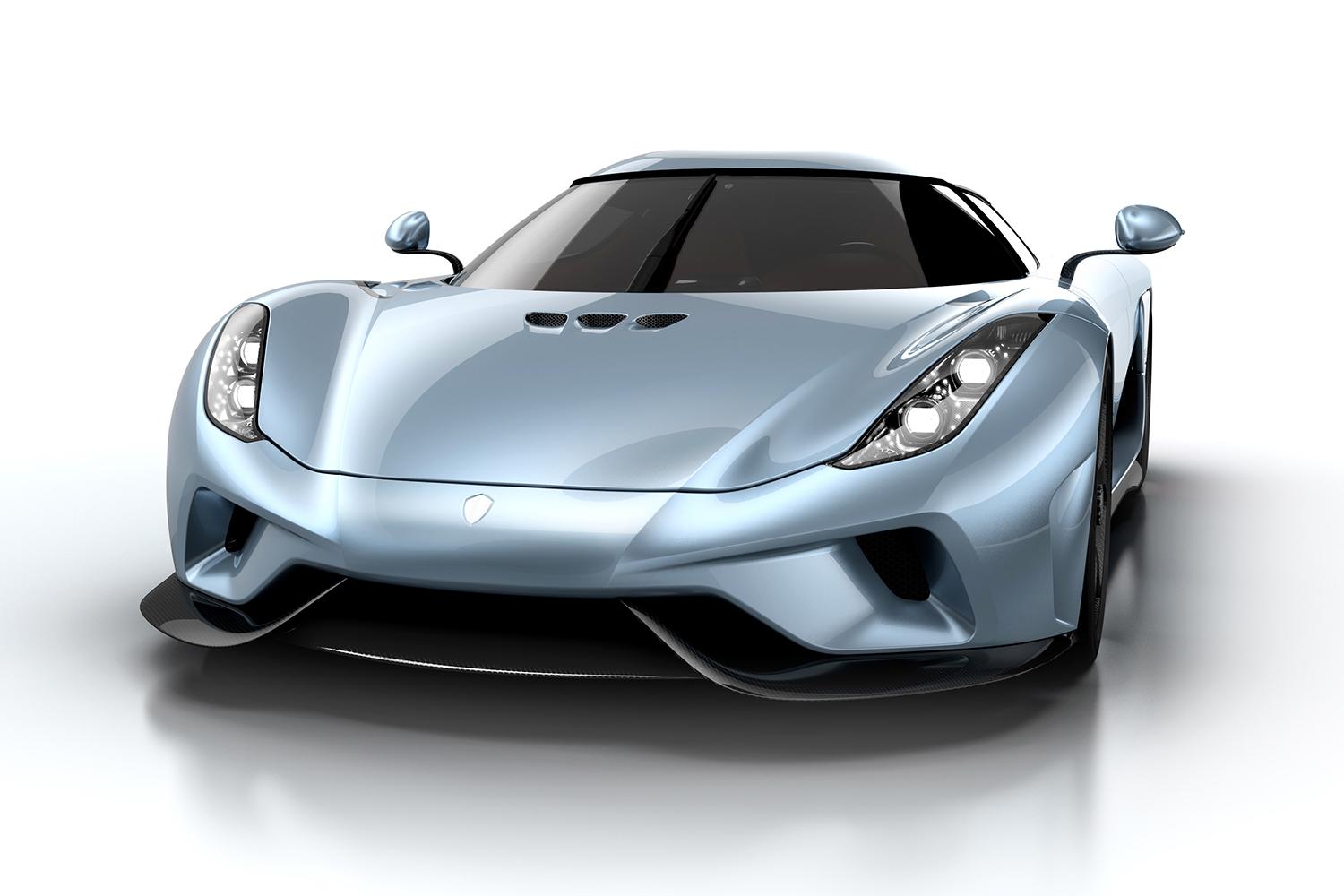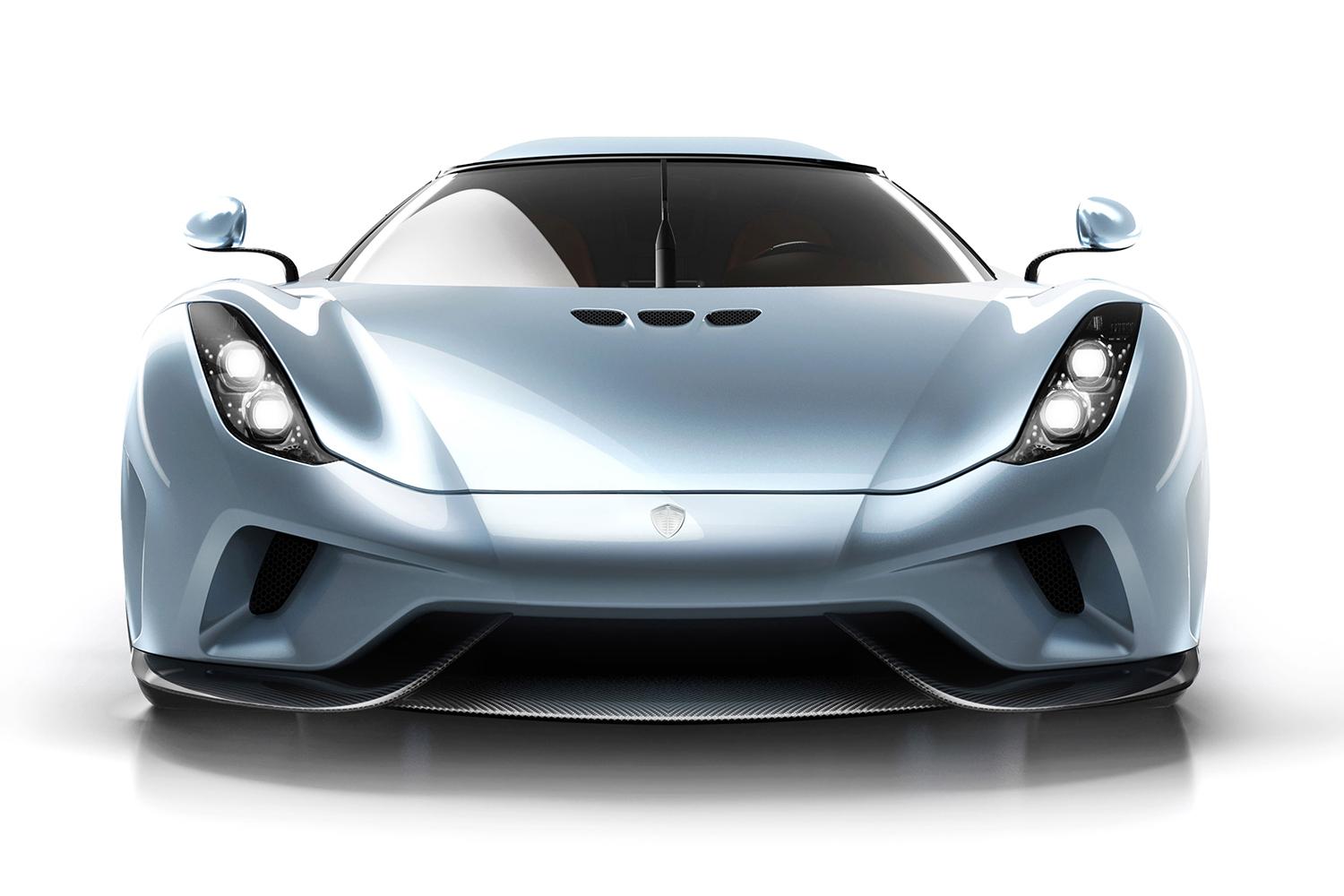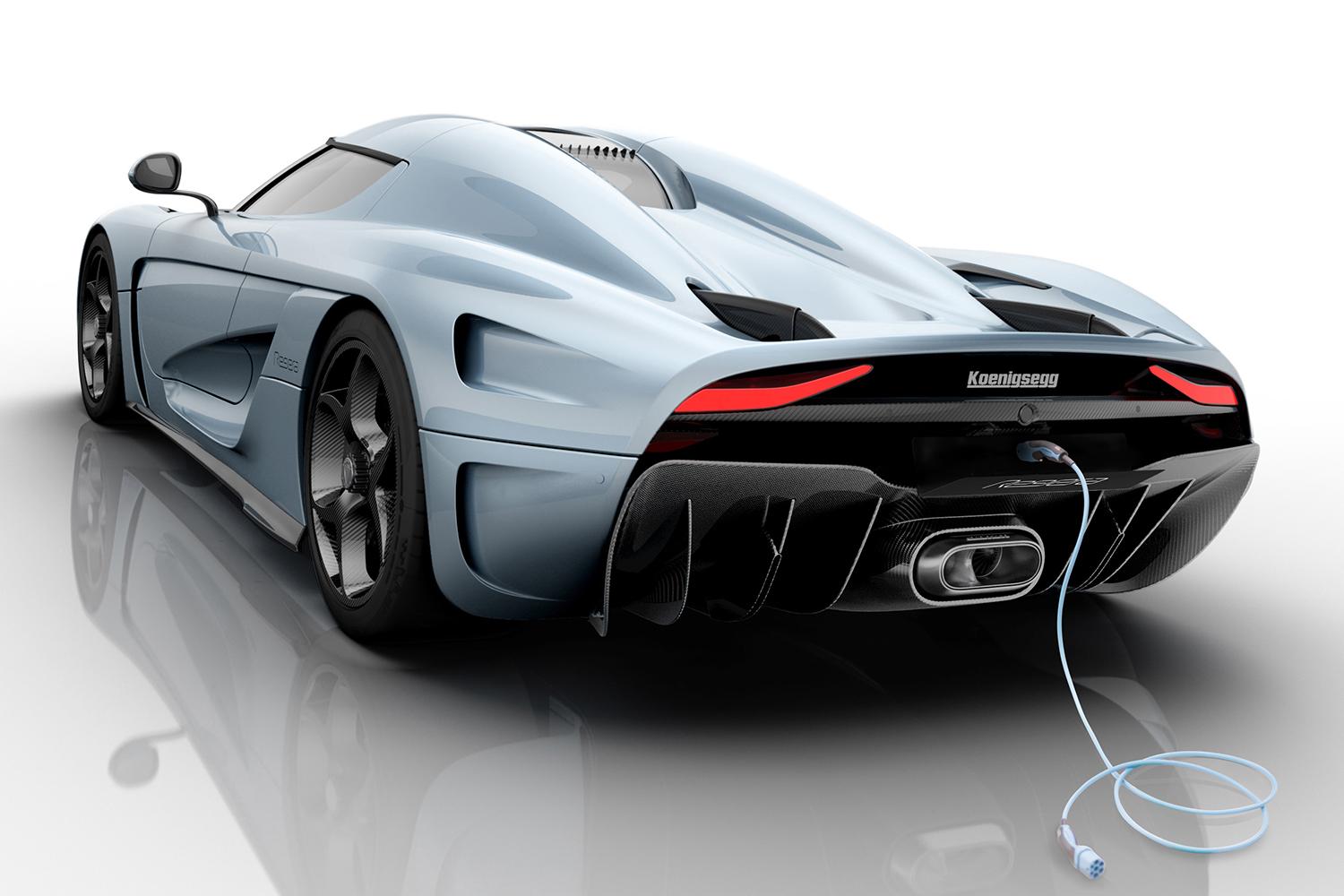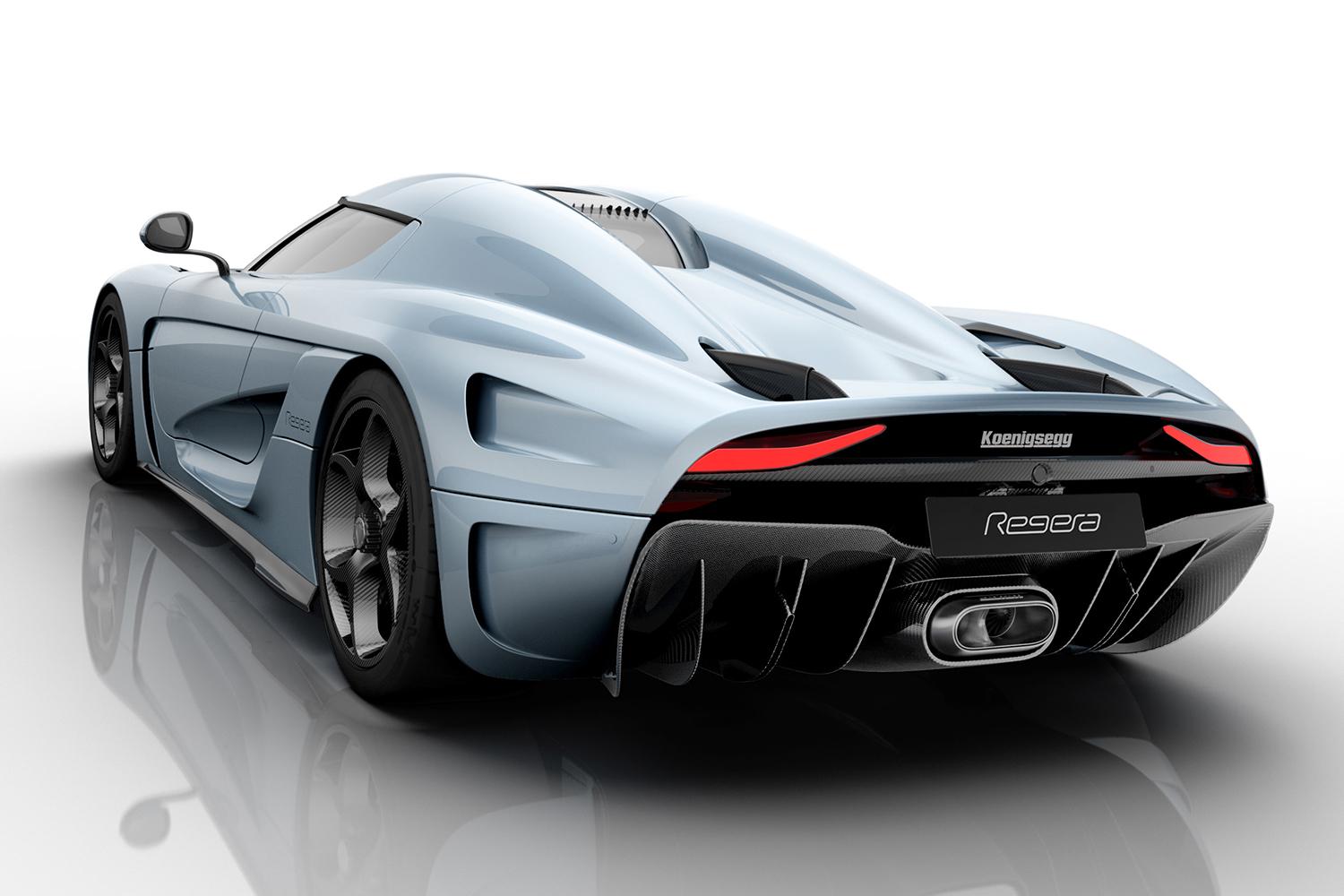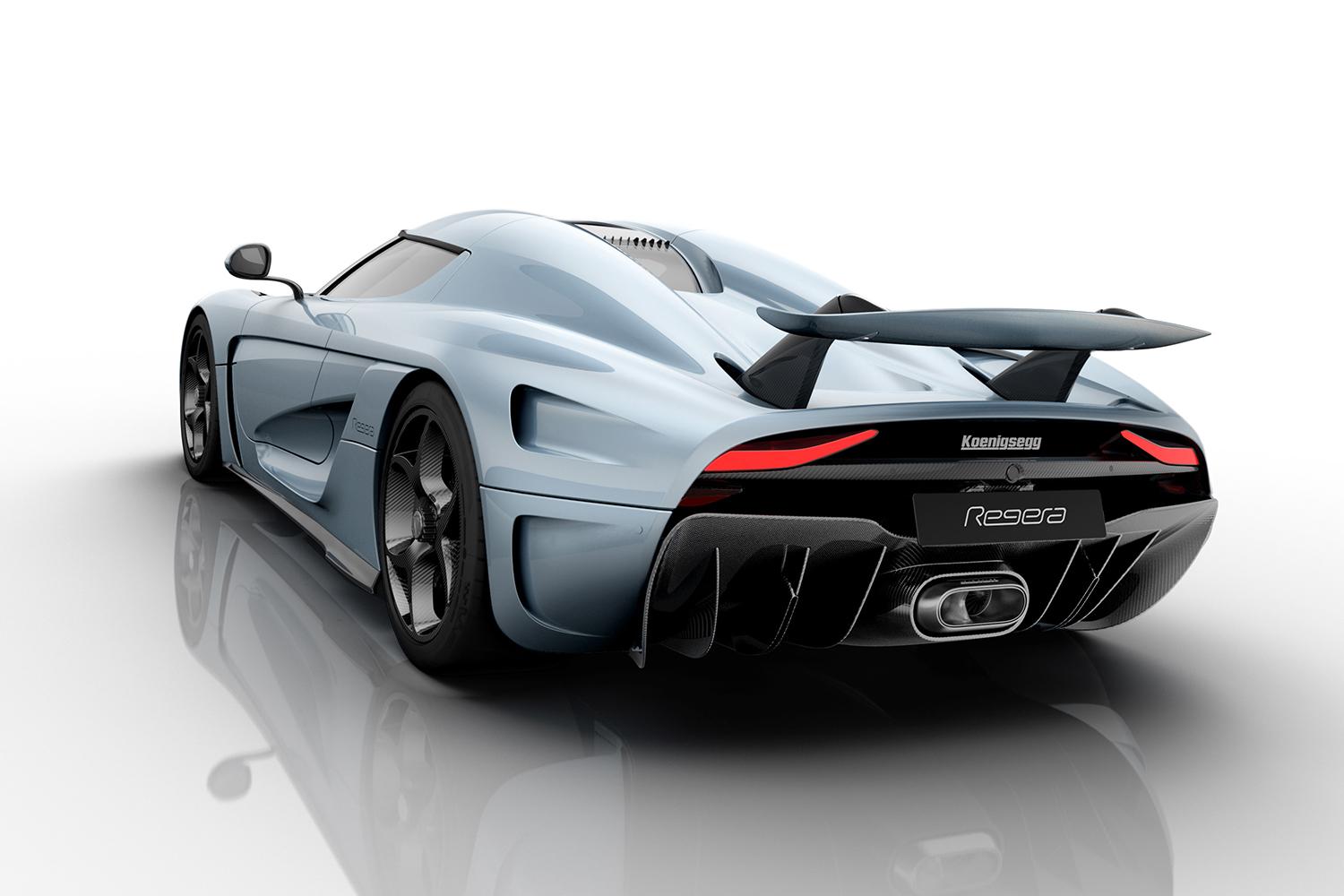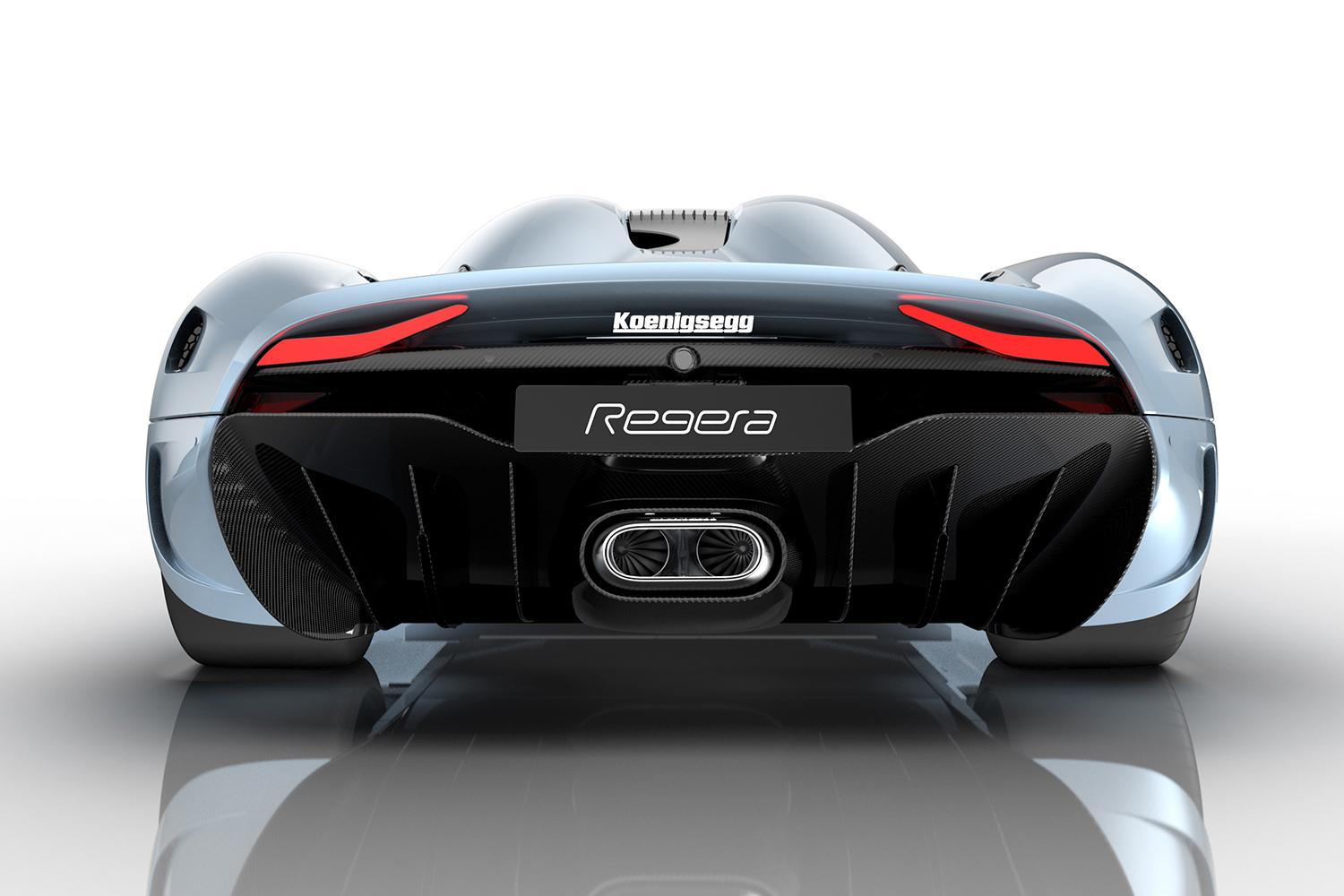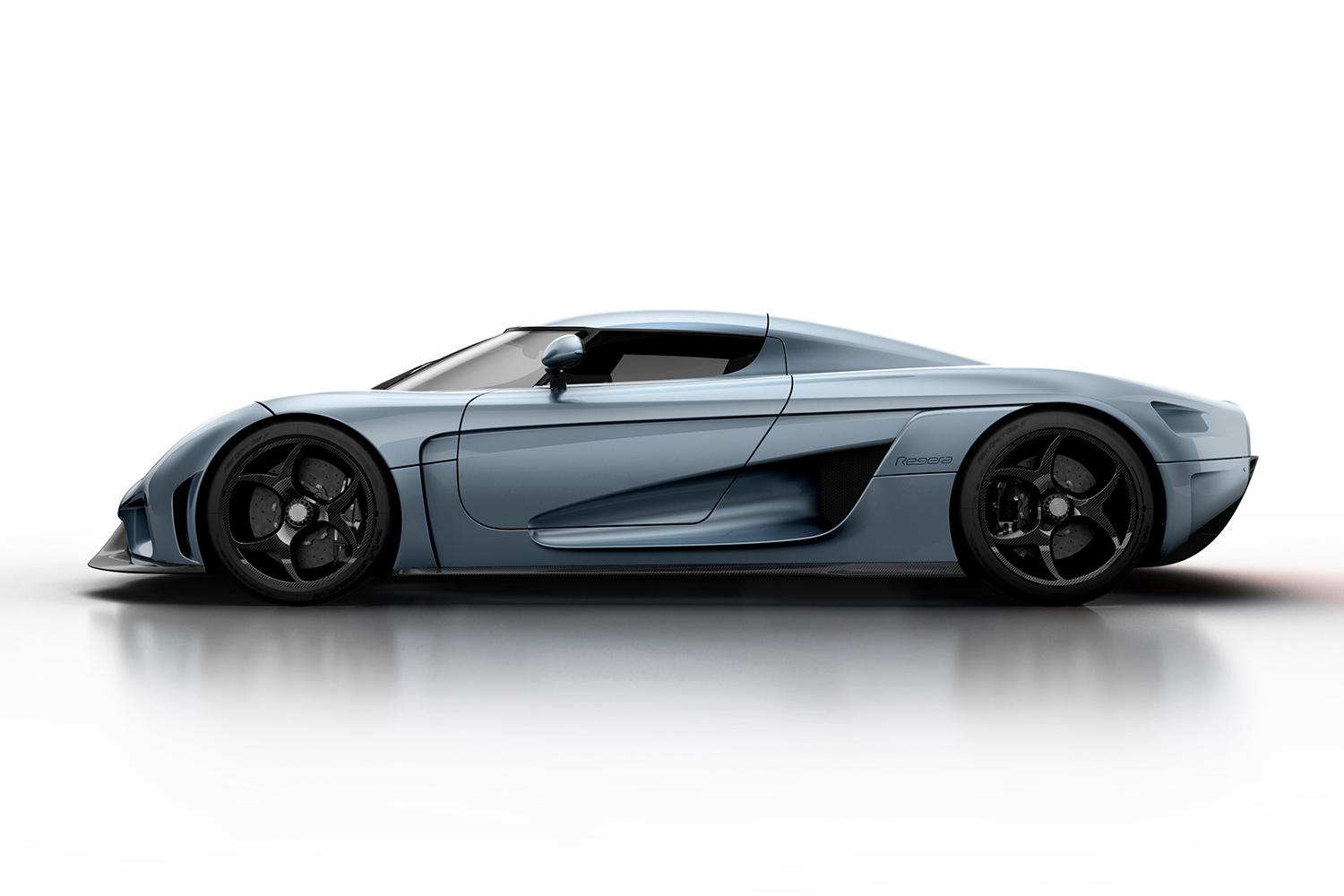Koenigsegg’s most insane creation yet has just been given a price tag and a release date. According to the Swedish brand’s UK dealer, the Regera Megacar will cost 2.1 Million Euros, which translates to about US$2.34 million.
The Regera was introduced at this year’s Geneva Motor Show. It uses a twin-turbocharged 5.0-liter V8 paired with electric power to make 1,500 horsepower and 1,475 pound-feet of torque.
Thanks in part to active aerodynamics and a large helping of downforce, the Regera boasts some ridiculous acceleration figures. While Koenigsegg hasn’t confirmed a 0 to 60 mph time, we do know the Regera can get to 250 mph in under 20 seconds. Let that sink in a moment. One moment, you’re sitting there motionless. Twenty seconds later, you’re warping space around you at 250 mph. Koenigsegg is calling the Regera the most powerful and fastest accelerating production car ever made, and I believe it.
For the sake of comparison, the Hennessey Venom GT and its twin-turbocharged LS7 V8 tops out at 270 mph, The Bugatti Veyron Super Sport with its quad-turbo W16 engine hits 268 mph, and from within Koenigsegg’s own fold, the Agera R hits 260 mph. It’s hard to imagine the 1,500 horsepower Regera won’t best all of those, but we’ll have to wait to see its limits tested. My guess? Somewhere in the 280 mph range.
Where the Koenigsegg truly distances itself from the world’s fastest supercars is in its mechanics. The electric drivetrain can provide electric-only power, extensive use of lightweight materials keep its weight to just 3,600 pounds, and Koenigsegg’s “Direct Drive” replaces a conventional gearbox with a torque-vectoring, regenerative braking system based on its three electric motors working in tandem.
Only 80 examples of the Regera will be sold, and deliveries will begin in December 2016. If you’re exorbitantly wealthy and have an appreciation for what will be the fastest production creation on four wheels, I’d recommend getting your order in right now.

